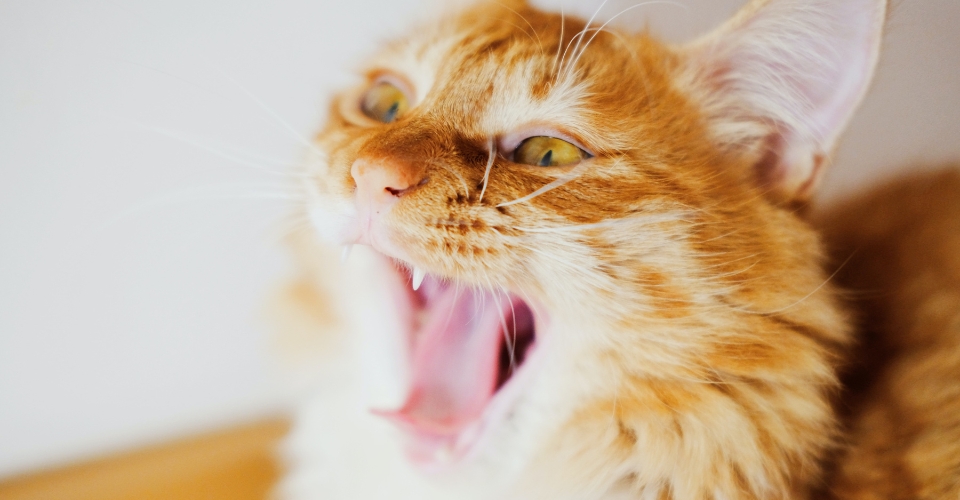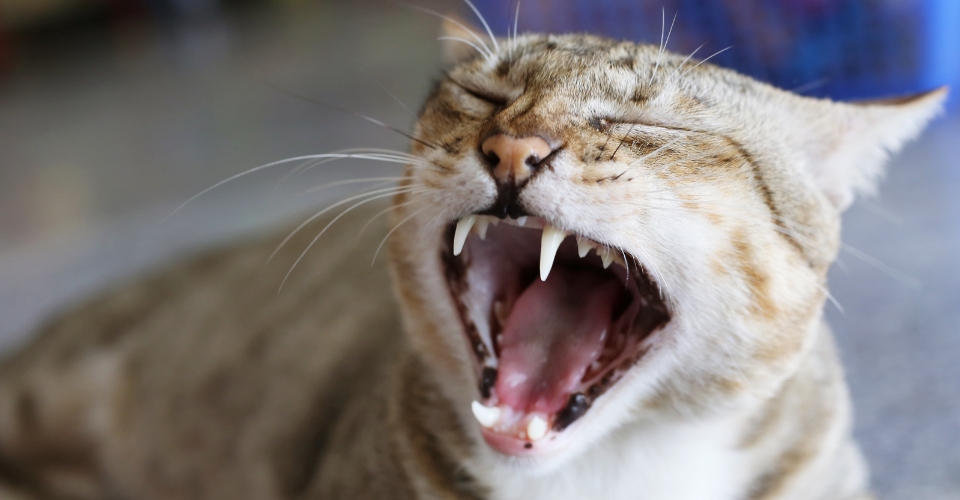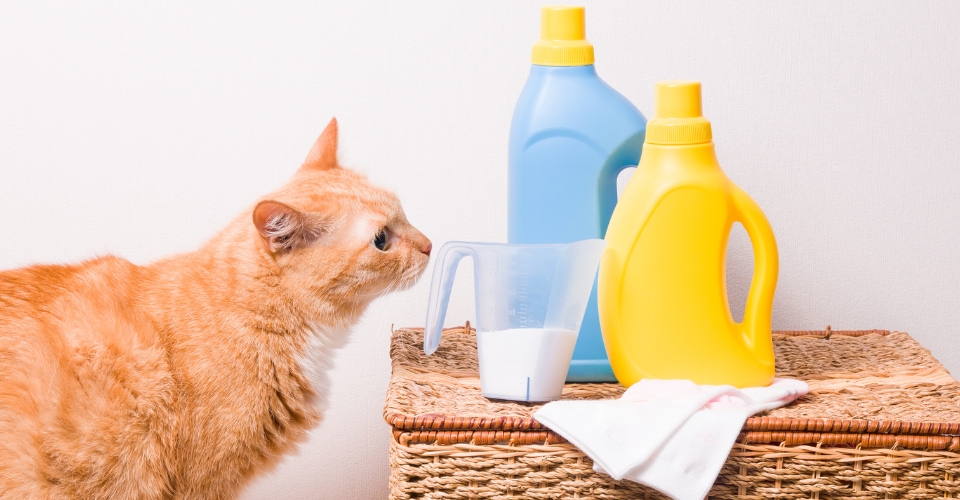Cats are robust, and even fever does not affect them. The common misconception that hot ears mean your cat is suffering from fever needs to be cleared out.
The first thought humans get when they are playing with their cat and feel the hot ears is that the cat is sick. But that is not always the case. Cats are unlike humans, and hence comparing them to the human benchmark of hot is not always the right thing to do. Cats have been known to have a higher average temperature than humans. And the ears are not covered by fat or fur; hence it is probable that they can be hot or cold when compared to the rest of the body. This is also true about their nose.
Why Are My Cat’s Ears Hot?
Cats having hot ears doesn’t necessarily imply sickness or any problem with cats. But if you feel that there has been a slight change in the temperature of your cat’s ears, it could be due to one of the reasons stated below.
High Surrounding Temperature
Even though cats are quite acclimatized to warm environments, their ears are not covered in anything and are easily affected by the surrounding temperature. You will notice that the cat will have warm ears when they are in a warmer room. Even though this is nothing to be worried about, you should not leave your cats in such environments for a long period. Cats, like humans, can get heatstroke.
Heatstroke
Heatstroke means that the cat’s internal temperature has risen over 104° Fahrenheit and it can damage the internal organs of the cat. If your cat has been in an extremely warm area for an extended period and has symptoms like hot ears, panting, drooling, weakness., and restlessness, then your cat might have heatstroke. Consult your vet in that case.
Allergies
Another reason why your cat has hot ears is that they might be having an allergic reaction. Cats are more likely to have an allergic reaction to their skin and ears. If you notice that your cat has redness and is scratching more than usual, it can be a sign of an allergy. This can be caused by their diet or allergens in the environment.
Fever
If your cat has a temperature, the whole body, including ears, will feel warmer. For cats, a temperature above 103.5° is considered to be a fever. Other symptoms that you will need to look out for include dehydration and weakness in the cat. This is just the immune system of the cat trying to fight off various harms such as a bacterium, virus, or even a tumor. If the fever is in the short term, you do not need to worry but ask for your vet’s help if the fever persists.
Parasites
Ear mites are another reason that might lead to your cat scratching its ears and causing the temperature to rise. Ear mites set up their home inside the cat’s ear canal and feed on any loose skin or debris they can find. If you look inside the ear, you will be able to make out that there are ear mites due to small brown particles and debris. If left untreated, they can lead to infections—hence you should reach out to your vet.
Infection
Cat ears are very sensitive that can be affected easily. The inner and outer ears can be affected by allergens, bacteria, wax, or even poor hygiene. If the infection is left untreated, that might lead to further dangers. It is recommended that if your cat’s ears are hot and you can see redness/inflammation, you should reach out to your vet as soon as possible to ensure timely treatment.
Why Are My Cat’s Ears Cold?
As stated above, cats use their ears to regulate their body temperature. Hence, the ears can fluctuate between being warm and cool. The ears are likely to be slightly cool and that is not an issue at all. It must be noted that we are talking about moderate temperatures; if your cat’s ears are hot or cold, you should visit a vet. Otherwise, it is quite normal for the cat’s ears to be slightly warm or cold.
According to this article, the ears are usually going to be resting around 100° Fahrenheit. If the temperature goes below 95° Fahrenheit, that might be a sign that you need to go to a vet as your cat or kitten might be having hypothermia. This happens when an animal loses heat faster than it can produce, and it might even be fatal—hypothermia causes the cat to go into a shock. Another worrisome reason can be frostbite, but if you do not live in extremely cold places, you should not worry about that.
What to Do to Help Your Cat?
If your cat’s ears feel hot and you want to ensure your cat is healthy, here are a few steps that you can take to help them:
Adjust the Surrounding Temperature
As stated above, the cat uses its ears to regulate body temperature. If they are in a warm area, this is likely the cause of their ears turning hot. If you feel that your cat’s ears are getting unusually warm, you should immediately change the surrounding temperature.
Hydration
This is a step that can not only reduce the ear temperature but would also help if your cat is sick. In most situations, cats stop drinking water when they are sick, and this can cause dehydration.
Body Temperature
A better benchmark for their wellbeing is their body temperature. If that is high, you know you need to act; this is a more foolproof method of gauging the situation.
Visiting the Vet
If you feel that the situation is worse, then you should let someone trained to handle it as they know better.





